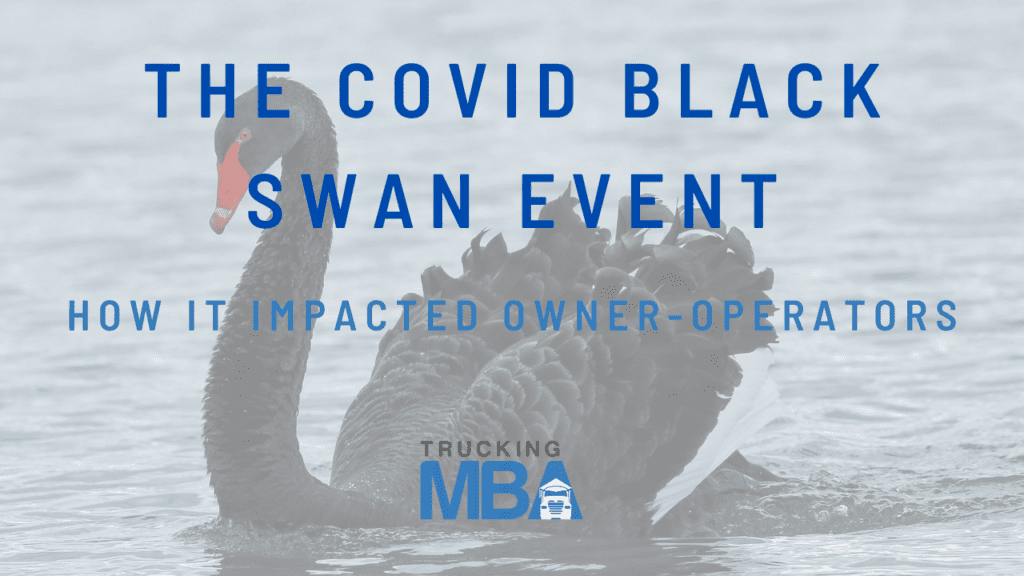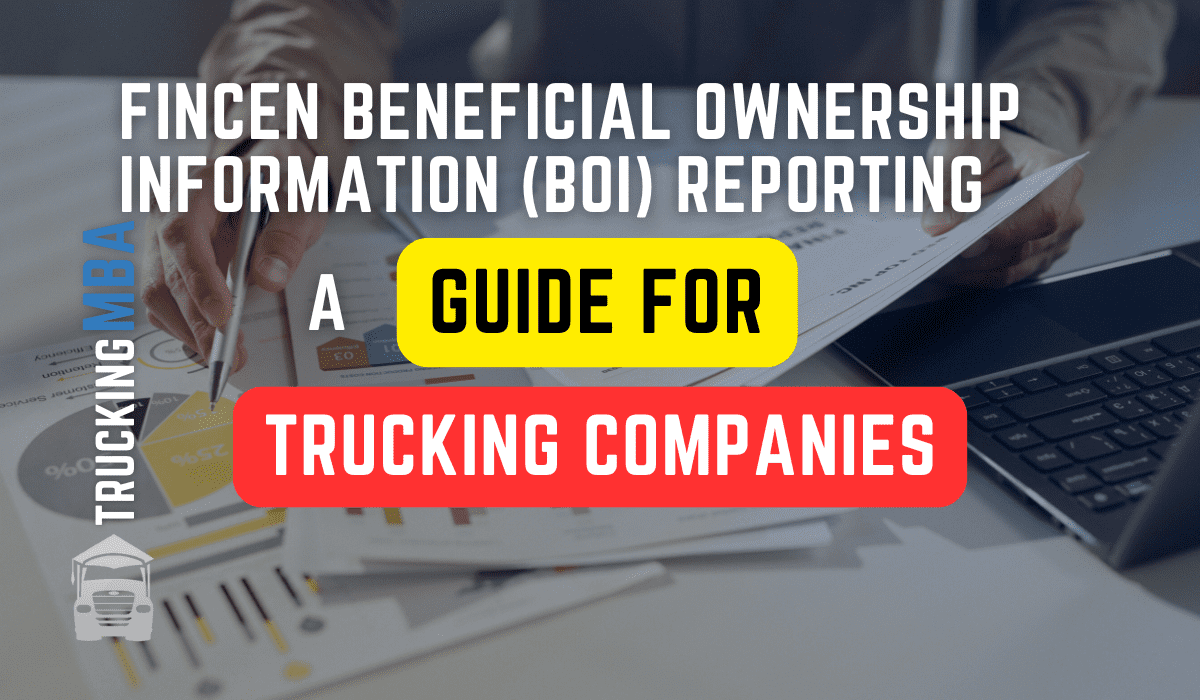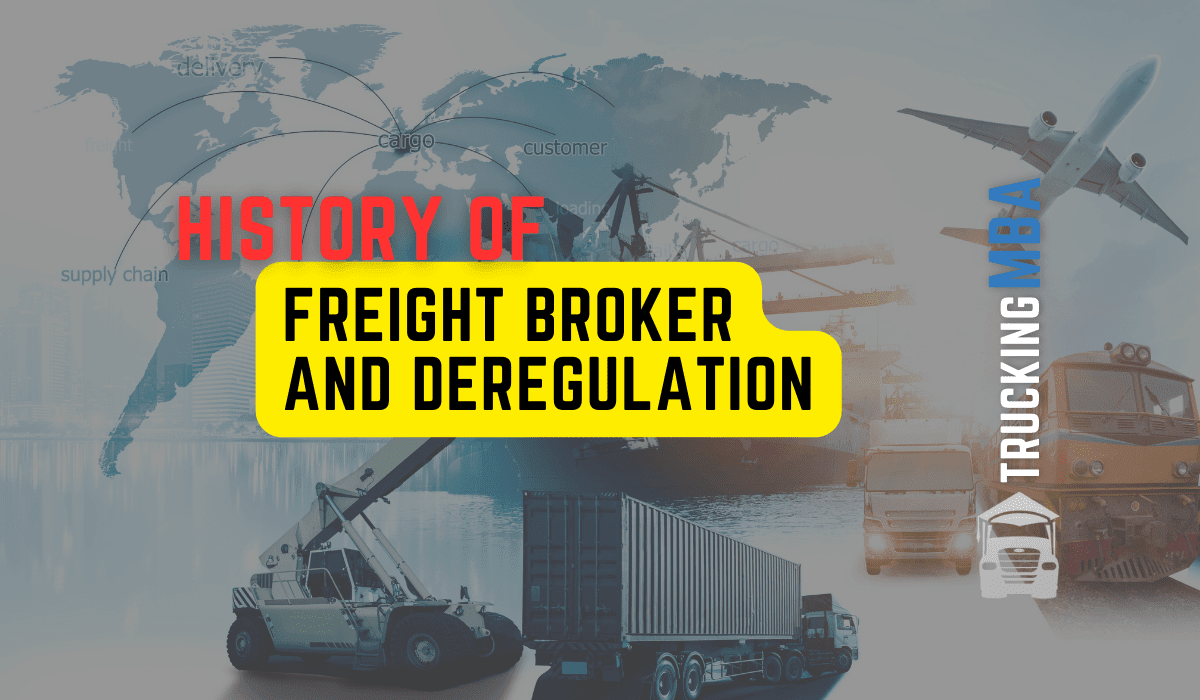
The Covid Black Swan Event
And its impact on Owner-Operators
A “Black Swan” event is a term coined by author Nassim Nicholas Taleb in his book “The Black Swan: The Impact of the Highly Improbable”.
It means a rare, unpredictable, and catastrophic event that has big, wide-reaching effects and is often thought to be impossible to predict based on past data or experiences.
These incidents have the power to fundamentally alter the course of history and have a big influence on politics, the economy, and society. The term “Black Swan” is used to describe such events because they are extremely rare, unexpected, and have a profound impact on the course of events, much like the sighting of a black swan, which was once thought to be impossible because all known swans were white. Examples of Black Swan events include the 9/11 attacks, the global financial crisis of 2008, and the COVID-19 pandemic.
“The problem with experts is that they do not know what they do not know.”
Massim Nicholas Tale
In the context of the trucking industry and the economy, Nassim Nicholas Taleb’s argument that the world has become too complex for any single person to fully understand or control is particularly relevant.
This complexity means that there are countless variables at play, many of which are unknown or unpredictable, and it is difficult to accurately assess the risks and potential outcomes of any given decision.
Small carriers, especially those dealing with the spot market for freight, often have little knowledge or experience when it comes to how brokers and shippers operate, which is a great example of what Taleb means when he talks about “experts” not knowing what they do not know. This lack of knowledge and experience can lead to a great amount of distrust and can cause these carriers to fall into “groupthink,” ultimately hurting their business opportunities.
Because the trucking industry is so complicated and hard to predict, it is important for different players to work together and share information to make better decisions and reduce risks.
For example, small carriers can prioritize building relationships with brokers and shippers and investing in their knowledge and understanding of the industry. They can also seek out opportunities to collaborate with other carriers and industry associations to share knowledge and best practices.
By recognizing the limitations of individual knowledge and control, and finding ways to work collaboratively, stakeholders in the trucking industry can improve their ability to make informed decisions and adapt to changing circumstances, ultimately improving their chances of success in a complex and competitive




Responses